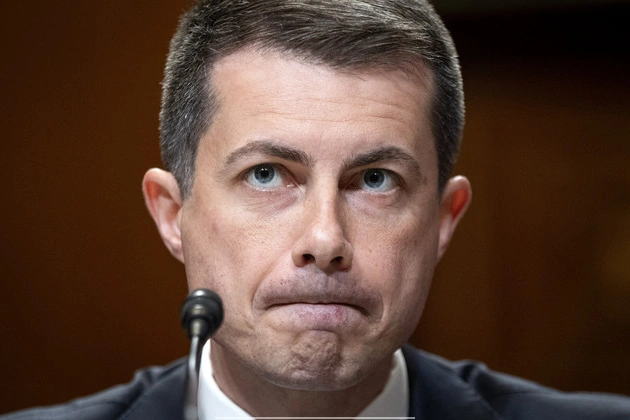
Ambitious Democrats with an eye on a presidential run are strategically repositioning themselves to align with moderate values amidst the evolving political landscape.
Reevaluating Political Strategies
In the aftermath of the recent elections, potential 2028 candidates, particularly those originating from blue states, are recalibrating their stance on social issues that some within the party believe contributed to their electoral setbacks.
Maryland Gov. Wes Moore, a Black leader, made waves by vetoing a bill aimed at advancing reparations, a move that diverged from the progressive trajectory of his state legislature. Similarly, California Gov. Gavin Newsom criticized the inclusion of transgender athletes in female college and youth sports, labeling it as ‘unfair.’ Rahm Emmanuel, the former Ambassador to Japan and two-term Chicago mayor, emphasized the need to shift the conversation from social issues like gender identity to educational priorities.
Embracing Moderate Discourse
These potential candidates are actively or passively addressing perceived vulnerabilities in their political records or the party’s overarching narrative. Emmanuel, for instance, has branded the Democratic Party as ‘weak and woke,’ advocating for a return to centrist policies. Sen. Elissa Slotkin (D-Mich.) echoed the call for more ‘alpha energy’ within the party, signaling a departure from extreme liberalism. Meanwhile, figures like Newsom are acknowledging past positions that leaned heavily towards social progressivism.
Moreover, on the front of diversity, equity, and inclusion, a shift is palpable as some party members distance themselves from the far-left ideologies. Former Transportation Secretary Pete Buttigieg, for instance, removed his pronouns from social media and questioned the party’s communication strategies regarding these issues.
Realigning Party Direction
The narrative of moderate Democrats gaining prominence is further supported by the recent WelcomeFest, which served as a gathering ground for centrist officials, candidates, and operatives to reflect on the party’s recent losses and its fixation on ideological purity.
Adam Frisch, a seasoned political figure, highlighted the disconnect between the party and the general populace, advocating for a shift towards a ‘pro-normal party coalition’ that prioritizes economic opportunities over micro-social controversies.
Challenges to the Shift
While the party as a whole seems to be inching towards the center, there are notable exceptions. Governors like Andy Beshear of Kentucky, JB Pritzker of Illinois, and Tim Walz of Minnesota continue to champion progressive social causes, refusing to dilute their stances on issues like LGBTQ+ rights and gender equality.
These leaders are exemplars of a ‘both-and’ approach, balancing traditional values with progressive ideals without compromising on their core beliefs.
Future Trajectory
The Democratic Party’s ongoing reckoning with social issues indicates a nuanced evolution in its approach to key controversies. As political figures navigate the terrain of public opinion and party dynamics, the quest for a cohesive narrative that resonates with a broader audience remains paramount.
It is evident that the party’s journey towards recalibrating its stance on critical issues is far from over. Each political figure’s strategic maneuvering reflects a broader attempt to realign with the moderate pulse of the electorate while retaining the essence of their core values.











